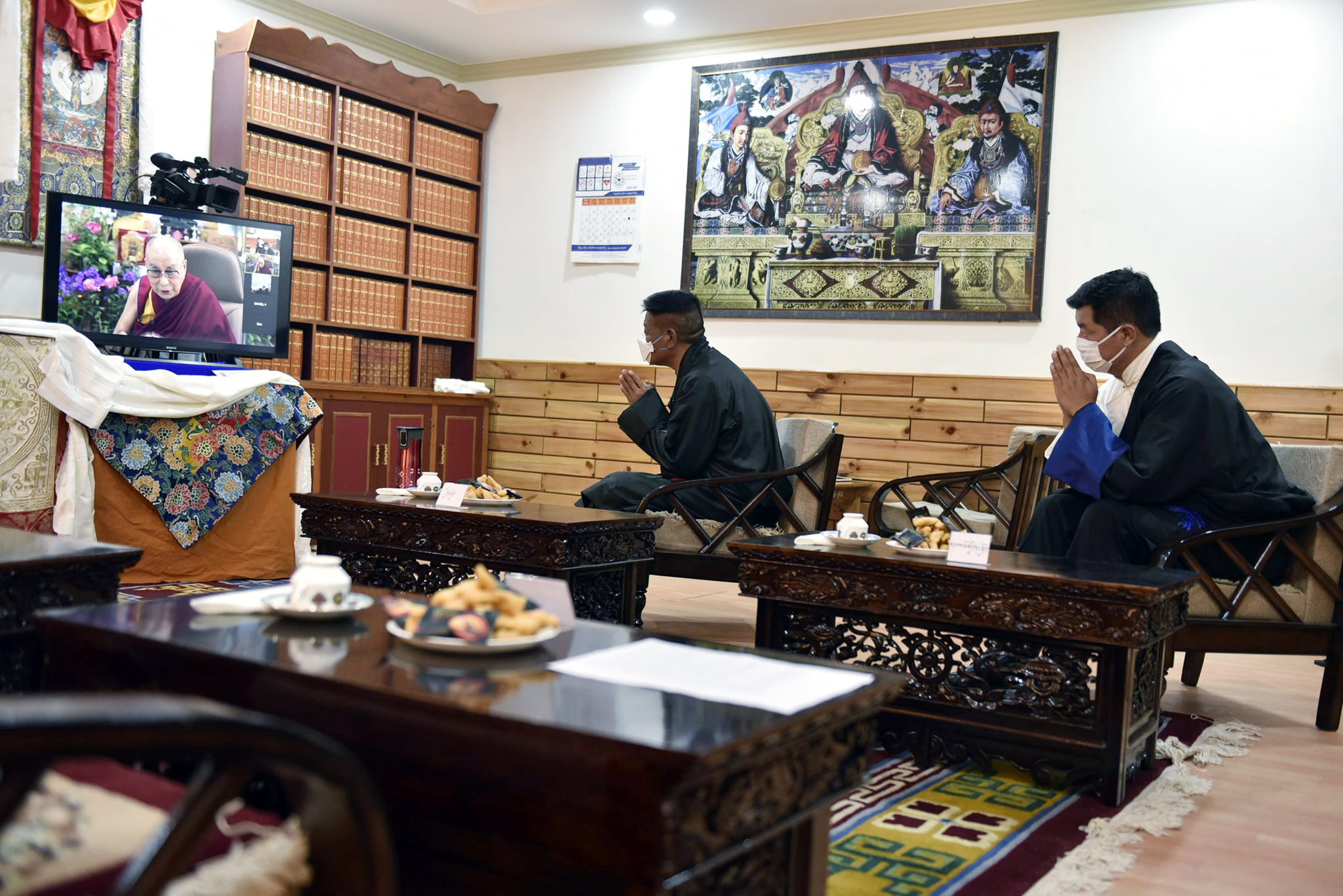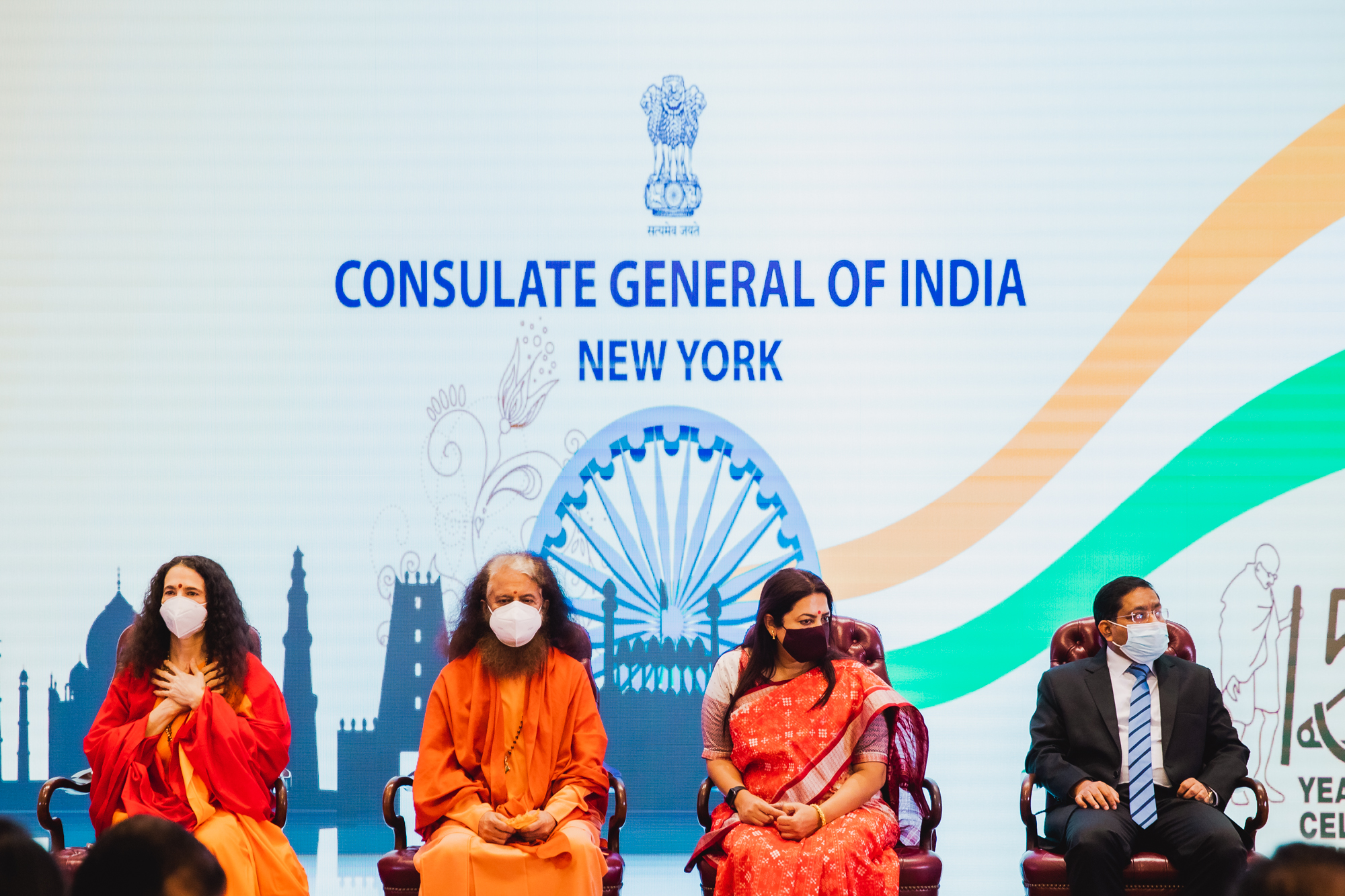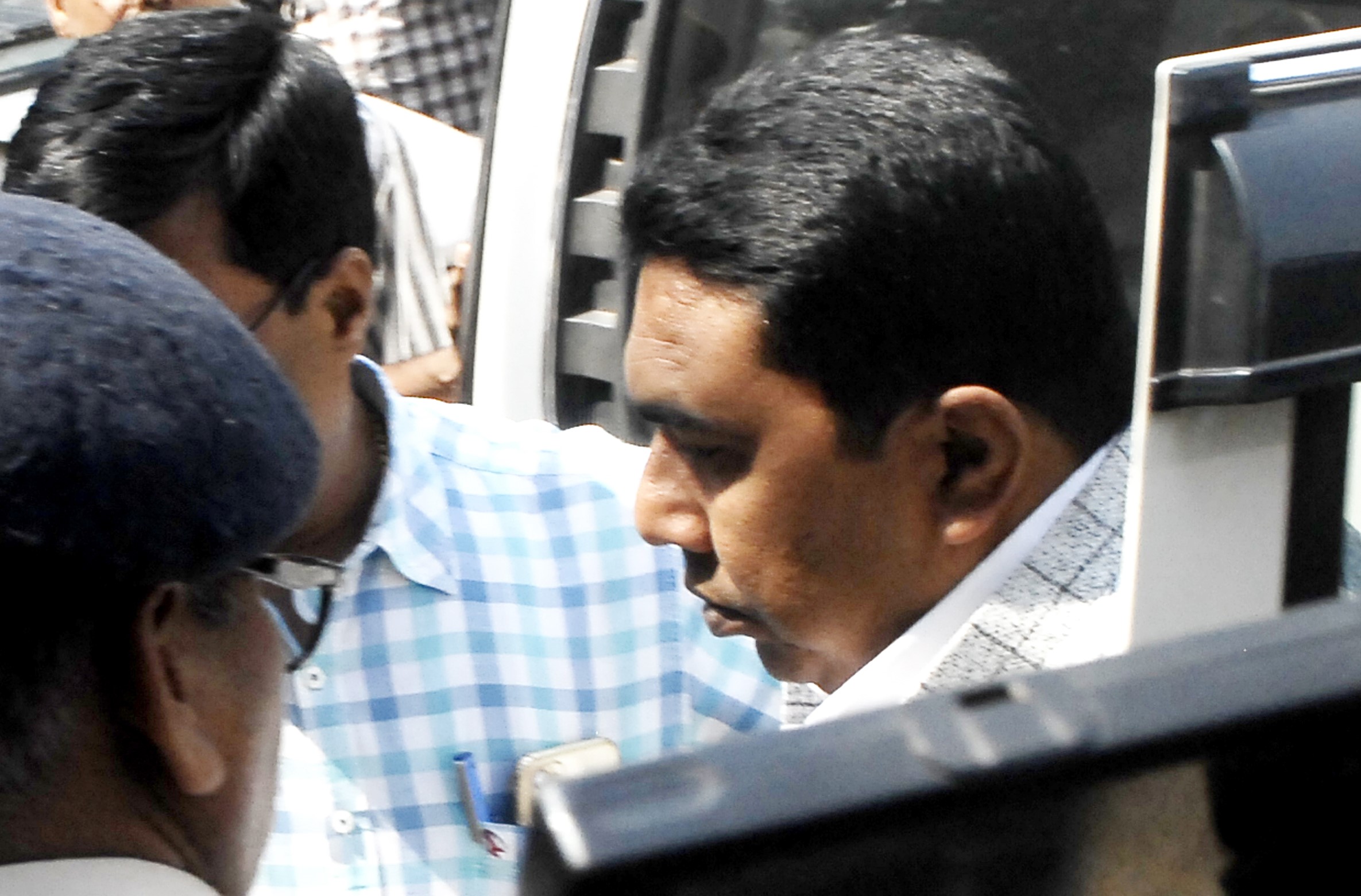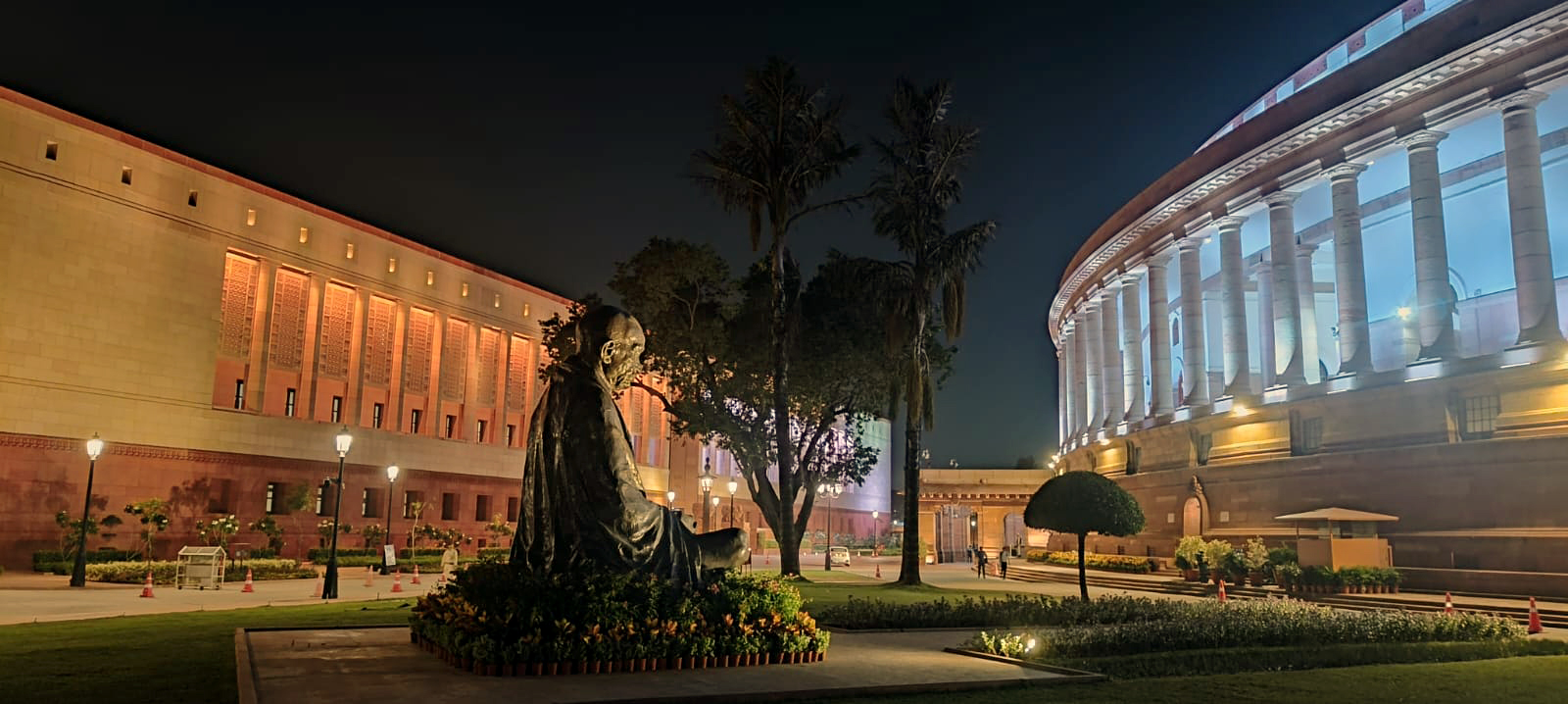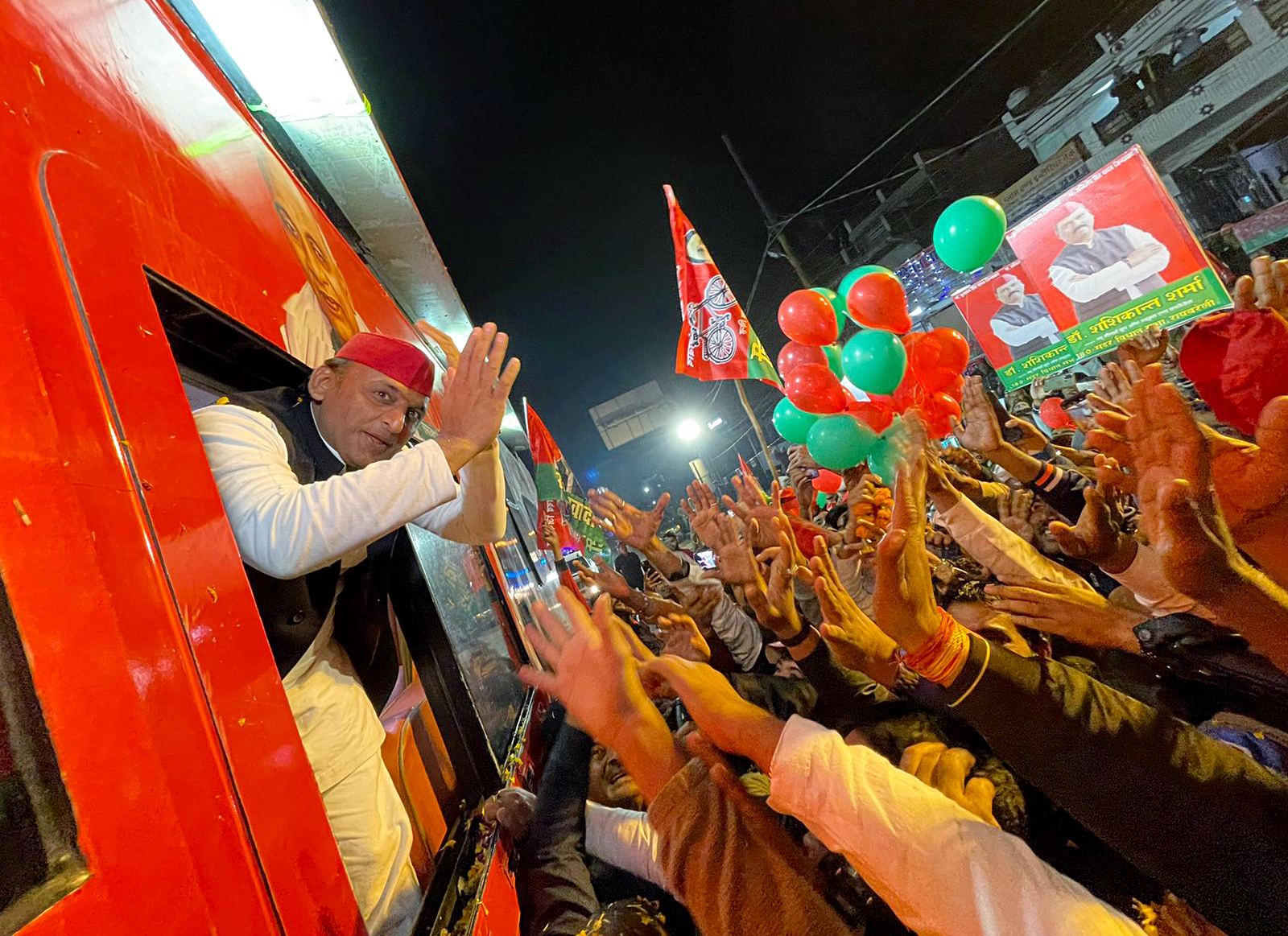Penpa Tsering assumes officer after Dr Lobsang Sangay’s term come to an end
S Gopal Puri
Dharamshala (HP)
In May, around 1,50,000 Tibetans scattered across the globe who are living in exile with their spiritual leader Dalai Lama elected Penpa Tsering (53) as their new political representative to pursue Tibetan cause against a powerful country like China. Tsering now heads the Central Tibetan Administration (CTA) as its president.
Penpa Tsering is assuming office in crucial times, when the Dalai Lama is approaching the age of 86 years and China is on the rise. The first challenge before Tsering is to restore talks with Beijing. Talks have not taken place since 2010. The other major challenge is to build alliances with India, US and other major countries.
The term of former president Lobsang Sangay ended on May 26 and the newly elected leader (Sikyong) Penpa Tsering took oath on May 27.
Harvard scholar Lobsang Sangay had assumed the office of CTA as president in 2011. His major achievements include securing US$9 million and a US$23 million grant from the US Congress to support the exile community. Apart from this he has travelled extensively to the western countries and during his tenure US congress had passed two major legislations in support of Tibet. The important one was Tibetan Policy and Support Act of 2020 (TPSA), was passed by the US Senate, calls for the establishment of a US consulate in Tibet’s main city of Lhasa and underlines the absolute right of Tibetans to choose a successor to the Dalai Lama.
It is to be noted that only 2% of Tibetans are living in exile while around 6 million are still in Tibet under the Chinese control. The only woman in the race for this post of president of CTA, Dolma Gyari, came third. The other two remaining contenders were Penpa Tsering, former speaker of the exile assembly and Kelsang Dorjee Aukatsang, who was the special adviser to leader Lobsang Sangay.
Tsering will now manage the annual budget of CTA which is above US $ 40 million, the 3000–4000 Tibetans who work for the administration, and around 70 schools, 20 businesses and 46 settlements in India, Nepal and Bhutan.
With global politics influx and rise of China as a superpower, the newly elected Tibetan head is assuming the office in very crucial times. Given China’s global stature and old age of the Dalai Lama, it would not be easy for Tibetan leadership in exile to muster the diminishing support from India and other western countries. Even after a decade, the political leaders in exile are still deriving power of influence from the Dalai Lama only as he is the only source of inspiration for them.
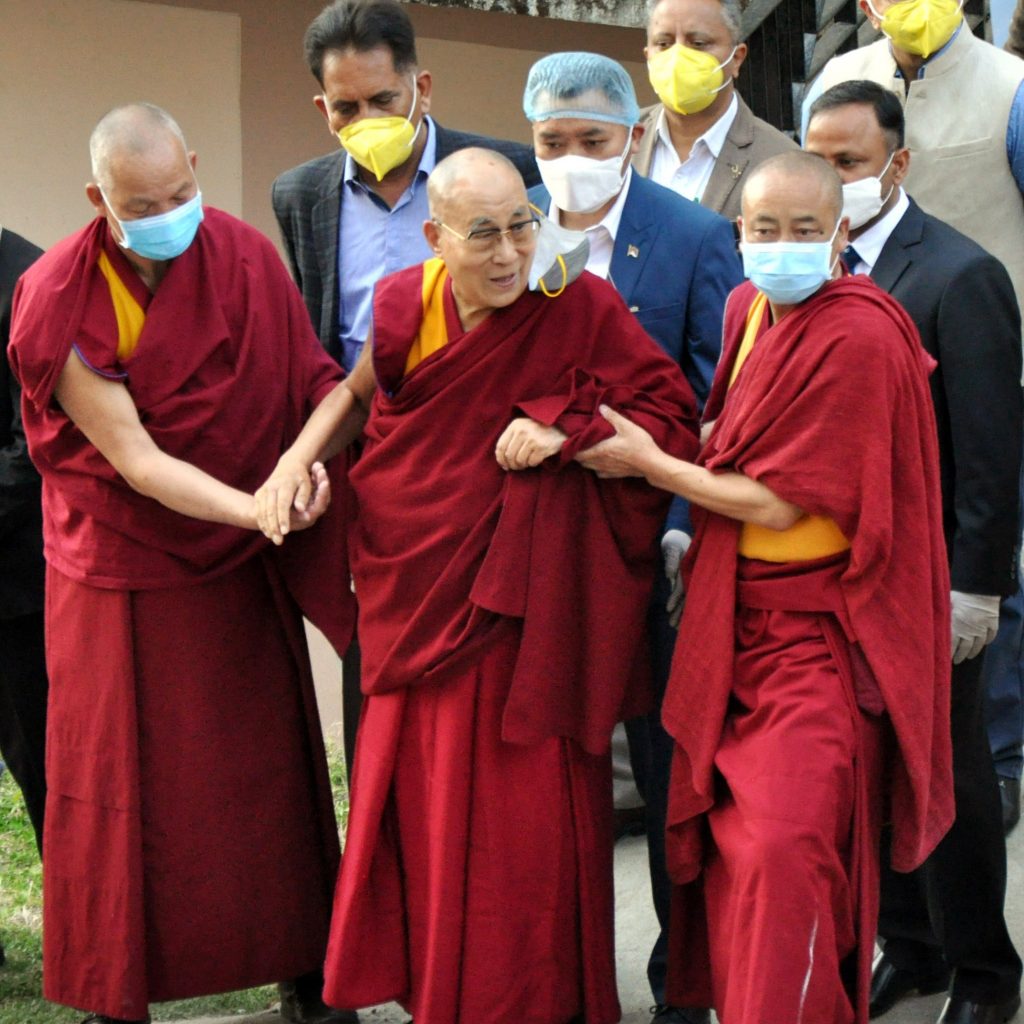
Penpa Tsering, president of Central Tibetan Administration (CTA) in his inaugural address said: “We are very fortunate to be blessed by the virtual presence of His Holiness the Dalai Lama at the inaugural function this morning. It is of utmost importance that all of us Tibetans abide by the guidance of His Holiness and the Executive will make every effort to make sure that we follow and act in accordance with the path shown by His Holiness the Dalai Lama. To begin with, I pay my respect and obeisance to His Holiness the Dalai Lama, the protector and Symbol of the people of Tibet and all other eminent holders of the Dharma”.
The 14th Dalai Lama had assumed power as ruler of Tibet at the tender age of 15 in 1950 but had to flee Tibet following Chinese invasion in 1959. Later, he gave up his political authority in 2011 to implement democratic setup among Tibetan community in exile.
Dalai Lama still is an unchallenged leader whose blessings are necessary to cultivate international relations and sustain Tibetan freedom struggle in a volatile global scenario. It is crucial for Tibetan politicians to have global advocates and friends in higher places. The importance is illustrated by the fact that when former US president Donald Trump had stopped the aid to CTA, it was the followers or sympathizers of Dalai Lama including the sitting House of Representatives speaker Nancy Pelosi, a top democrat, in the US who had played a crucial role in restoring this aid.
Recently, speaking against China on the 62nd Tibetan uprising day, Pelosi said: “We continue to take inspiration from the Dalai Lama’s powerful message of peace, faith and love. Guided by His Holiness’s spirit of hope, we will never rest in our efforts to advance freedom and opportunity in Tibet and throughout China – because if we do not stand up for human rights in China due to commercial interests, then we lose all moral authority to talk about human rights in any other place in the world. We will not be deterred in this vital mission”.
All major countries have to accommodate Chinese concerns mostly owing to trade relations. China has a trade deficit of 181 billion Euros with the EU, 74 billion dollars with the US and 50 billion dollars with India.
Therefore, it was not surprising that, two years back, the Government of India (GOI) had almost scrapped a ‘Thank You India’ event planned by the former president Lobsang Sangay and his cabinet. It was on February 22, 2018, foreign secretary of the Indian govt. had written a note referring to Tibetan events in Delhi, that it was a crucial time for India – China relations and, govt. functionaries and along with senior leaders were asked to not participate in these events.
Following this, the event – Thank You India which was to be attended by the Dalai Lama in Delhi was shifted to Dharamshala. Noted faces of Prime Minister Modi’s party former union minister and sitting MP Mahesh Sharma, Former union minister Shanta Kumar, BJP’s top leader Ram Madhav and Himachal state cabinet minister Kishan Kapoor later clarified that their relations with the Dalai Lama are not political but cultural.
Apart from politics, the Tibetan struggle for independence has also been a subject of fascination and interest the world over for decades. Many of the heavyweights of American movie and music industry have been banned from entering China by the ruling party for highlighting Tibetan issues.
A few of them are Brad Pitt for movie ‘Seven Years in Tibet, Martin Scorsese for ‘Kundun’, Harrison Ford for testifying in US congress, Sharon Stone for stating harsh treatment of Tibetans, Bjork for supporting Tibetan independence movement and Richard Gere for being the most prominent follower of Dalai Lama and advocate for Tibetan cause.
In 2021, the world has to contend with assertive and confident China. China is increasingly being accepted globally as the de-facto second superpower poised to surpass the USA as the biggest economy. Financial and economic heft is China is supplemented by military might. China is the global manufacturing hub and was the largest exporter and third largest importer in the world in 2019-20. China overtook the US as Europe’s biggest trading partner in Feb 2021.
International boundary conflicts with neighboring countries including India and belligerence in the South China Sea is only going to make it harder for Tibetan leadership to have a constructive dialogue with China on equal footing.
Not the political leadership of exiled Tibetans, but only the influential image of the Dalai Lama that has kept the Tibetan struggle against China for so many years. The 14th Dalai Lama, Tenzin Gyatso (86) is among the foremost and top influential spiritual leaders of the world whose opinions are valued for moral and ethical dimensions if not political.
















